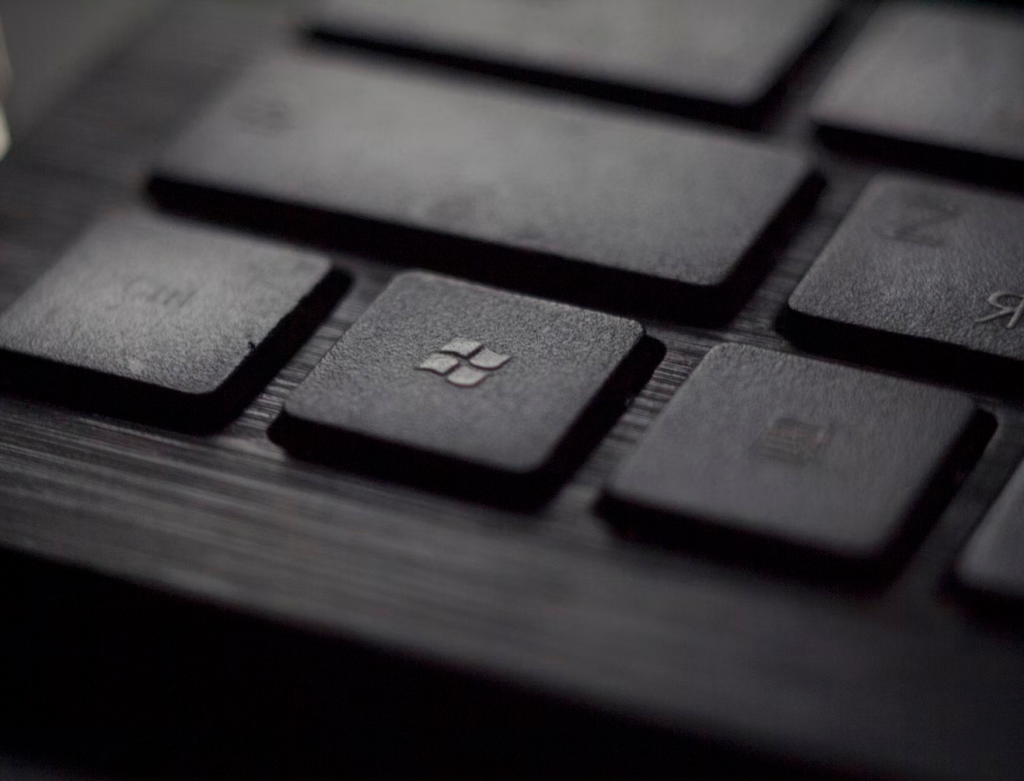It looks like Microsoft is experimenting with adding artificial intelligence technology developed by OpenAI to its Word, PowerPoint, and Outlook apps. According to The Information, Microsoft has already integrated a version of OpenAI’s GPT (Generative Pre-training Transformer) model, which can generate text, into Word’s autocomplete feature and is working on integrating it further into the other apps.
One of the main goals of this integration is to improve Outlook search results so users can find what they’re looking for without having to use keywords in emails. Microsoft is also reportedly looking at how the AI models could suggest replies to emails or recommend changes to documents to improve writing in Word. It’s not clear at this time if Microsoft has plans to actually launch these features or if it’s just an experimental project for now.
However, if Microsoft does decide to move forward with the integration of GPT into its productivity apps, it could lead to some interesting developments. For example, Outlook could potentially compose entire emails based on simple queries, like “Explain to my employers why I won’t be attending today.” This could be achieved through the integration of ChatGPT, a conversational AI that gained attention last year.
In addition to Outlook, Microsoft is reportedly planning to launch a version of Bing that uses ChatGPT to answer search queries. This new feature could be available as early as March in an effort to make Bing more competitive with Google.
Of course, there are a few challenges that Microsoft will need to overcome in order to successfully integrate more advanced AI text-generation features into its productivity apps. One of the main issues is accuracy. ChatGPT has a tendency to present incorrect information as fact, which could make it difficult to use for document creation or advanced integration.
Privacy is also a concern. Microsoft will need to create models that are customized for individual users without compromising their data. The Information reports that Microsoft has been working on privacy-preserving models using GPT-3 and the upcoming GPT-4. Microsoft researchers have reportedly had success in training large language models on private data.
If these models are successful, they could potentially be used by Microsoft to scrape and summarize information from Teams Meetings transcripts and add images generated by OpenAI’s Dall-E 2 image generation model to PowerPoint presentations. Researchers have reportedly presented their Office integration work to Microsoft CEO Satya Nadella, but it’s not clear if or when these GPT or Dall-E 2-powered models will be available in Office products.
“AI is going to reinvent how you do everything on Windows,” said Panos Panay, Microsoft’s Windows and Surface chief, during a presentation at CES last week. The Surface team at Microsoft has even been working on creating new hardware to take advantage of AI, including the new Surface smart camera. In a recent interview with The Verge, several members of the Surface team discussed the impact AI will have on Windows and hardware.
If Microsoft does decide to move forward with GPT-powered versions of Word, Outlook, and PowerPoint, it would represent a rapid commercialization of OpenAI’s GPT models. Bing could also join PowerApps (Microsoft’s first commercial use of GPT) with its own AI-powered search results. Both Office and Bing integration of OpenAI’s language models would put a lot of pressure on Google, which has dominated the search market for quite some time now.



